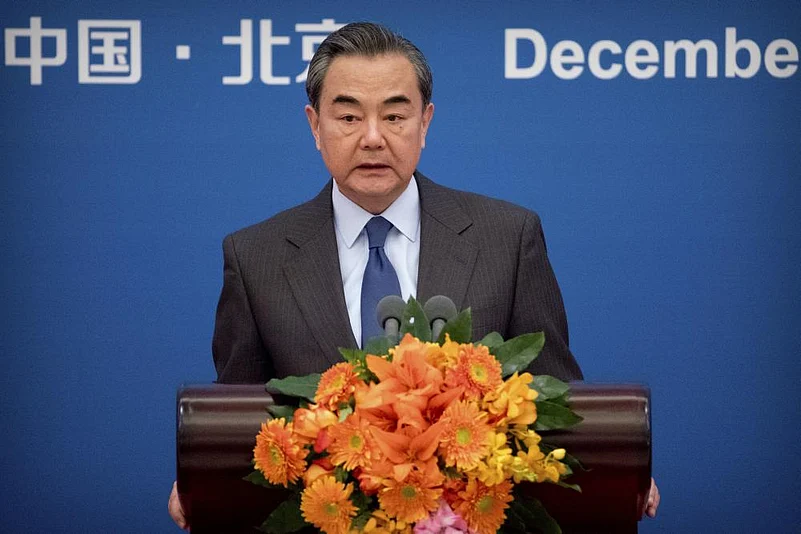In what would be the first high-level trip by a Chinese official to India after the Dokalam standoff, Chinese Foreign Minister Wang Yi will travel to New Delhi on December 10 and hold talks with top Indian officials.
He will be here to attend the meeting of RIC Foreign Ministers.
The 73-day-long Dokalam standoff ended on August 28 after Chinese troops stopped building a key road close to India's Chicken Neck corridor. India had objected to the construction highlighting its security concerns. The road was being built by the Chinese troops in the area also claimed by Bhutan.
On sidelines of Russia, India and China (RIC) Foreign Ministers meeting, he will hold talks with top Indian officials, Chinese Foreign Ministry spokesman Geng Shuang told the media here.
The 15th RIC meeting will be held in New Delhi India on December 11.
"According to our information, Wang will meet with the top officials of India and detailed information will be released in due course," Geng said.
During the RIC meeting, the three foreign ministers will exchange views on major international and regional issues of common concern and deepen trilateral pragmatic cooperation, he said.
"We believe under the joint efforts of the three parties, this meeting will achieve expected outcomes," he said.
Media reports previously said the RIC meeting was planned for April this year but Wang did not confirm dates in the backdrop of China's protests over the Dalai Lama visiting Arunachal Pradesh in the same month.
China claims Arunachal Pradesh as part of South Tibet.
Wang's visit to Delhi is regarded significant as it would set tone for President Xi Jinping's policy approach to India in his second term as the head of the ruling Communist Party of China.





















